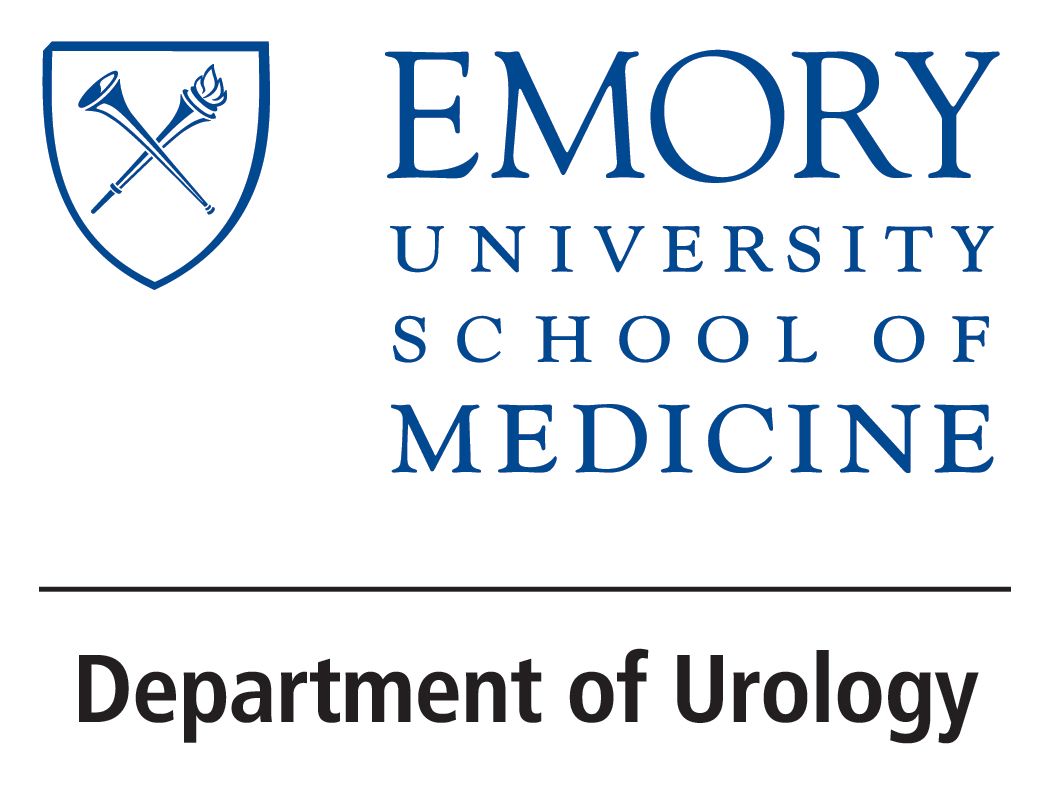
Akanksha Mehta, MD, MS, highlights the residency program at Emory Urology

Key Takeaways
- Emory Urology's residency program is one of the largest in the U.S., offering diverse training across multiple hospital sites.
- Residents gain extensive clinical experience through rotations in tertiary, pediatric, VA, and trauma hospitals, serving a large catchment area.
"This year, we are starting an international rotation with a focus on global health and humanitarian work," says Akanksha Mehta, MD, MS.
In this video, Akanksha Mehta, MD, MS, shares insight into the residency program at Emory Urology. Mehta is a professor and the director of male reproductive health in the department of urology at Emory University School of Medicine, and at Emory Urology. She also serves as the Director of Urology Undergraduate Medical Education at Emory and as Assistant Program Director for the Emory Urology Residency training program.
Video Transcript:
The Emory residency program is a really unique program for several reasons. One, we're a big program; we're one of the bigger programs in the country, both in terms of resident complement, but also in terms of the number of sites that we have our residents train at. We're also a very diverse program. Atlanta is a city of 6-7 million people now, quickly growing, and we are the only academic center in town. So, this is 1 academic training program that really serves the majority of Georgia, as well as the states that touch this part of Georgia. So, we have a very large catchment area.
Our residents rotate through the Emory hospitals that are tertiary and regional referral centers. We have 2 dedicated pediatric hospitals that they go to. We have a regional VA Medical Center, and we have a level 1 trauma safety net hospital. That provides a lot of diversity in terms of patients, pathology, and the type of services that we offer. I truly think it sets us apart from almost any other program in the country. I know I'm biased, but I think that.
Our residents come out really well trained clinically. This has always been the foundation of our training. I took over as program director 6 years ago, and I really wanted to make sure that we were adding more than just clinical excellence. So, we have a research rotation for our residents that we're able to incorporate into their 5-year training program because our volume is so large from a clinical perspective. Our residents have gone on to publish multiple papers during the time that they train with us.
And I want to also make sure that we leverage the other strengths of Emory for our program. This year, we are starting an international rotation with a focus on global health and humanitarian work. That's our new foray as a residency training program. I'm looking into how we can increase our impact on like rural health as well in Georgia. So, making small changes, but really proud of everything we've accomplished here, and obviously [it's a] group effort from all the faculty and the residents and our wonderful admin team.
This transcript was AI generated and edited by human editors for clarity.
Newsletter
Stay current with the latest urology news and practice-changing insights — sign up now for the essential updates every urologist needs.






